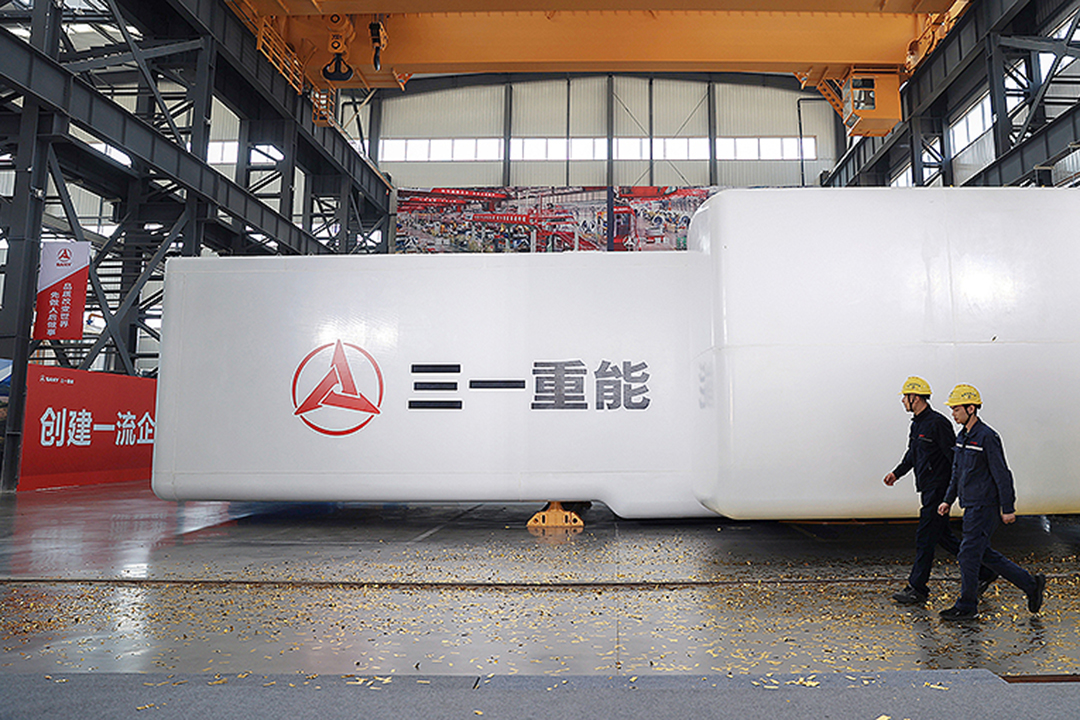 China's Sany Renewable to Build Wind Farm in Serbia
China's Sany Renewable to Build Wind Farm in Serbia(Yicai) June 4 -- Chinese wind power giant Sany Renewable Energy has signed a clean energy supply agreement in Serbia to construct a wind power plant in the eastern European country.
The wind farm will be located in the northeastern city of Alibunar and generate 480 million kilowatt-hours a year, the Beijing-based company announced today. The firm recently inked a power purchase deal and a contract for difference for the project, it added.
The Alibunar project has a total installed capacity of 168 megawatts, with a planned construction period of two years and an operational period of 25 years, Sany Renewable noted. It will likely go live in 2028, helping Serbia reduce its dependence on fossil fuels, it added.
The deal marks a significant step for Sany Renewable in the Serbian renewable energy sector, providing important support for its further development in the European market, the company said.
The Alibunar project is Sany Renewable's first investment in Serbia, Chairman Zhou Fugui pointed out. The company will collaborate with local partners to introduce advanced wind power technologies and solutions, helping the country achieve its energy transition and sustainable development goals, Zhou added.
Established in 2008, Sany Renewable is a subsidiary of machinery giant Sany Group. It went public on Shanghai's Nasdaq-like Star Market in June 2022. Last year, it continued to expand its overseas markets, securing new orders in India, Kazakhstan, the Philippines, and Germany, according to its annual financial report.
However, Sany Renewable swung into the red in the first quarter of this year, reporting a net loss of CNY191 million (USD26.6 million) compared with a net profit of CNY266 million a year earlier due to a drop in domestic wind power equipment prices, it said in its latest earnings report. Its revenue rose 27 percent to CNY2.2 billion (USD306 million).
Shares of Sany Renewable [SHA: 688349] closed 1.1 percent higher at CNY23.77 (USD3.31) each today, bringing its market capitalization to around CNY29.2 billion (USD4.1 billion).
Editor: Martin Kadiev